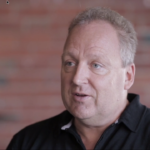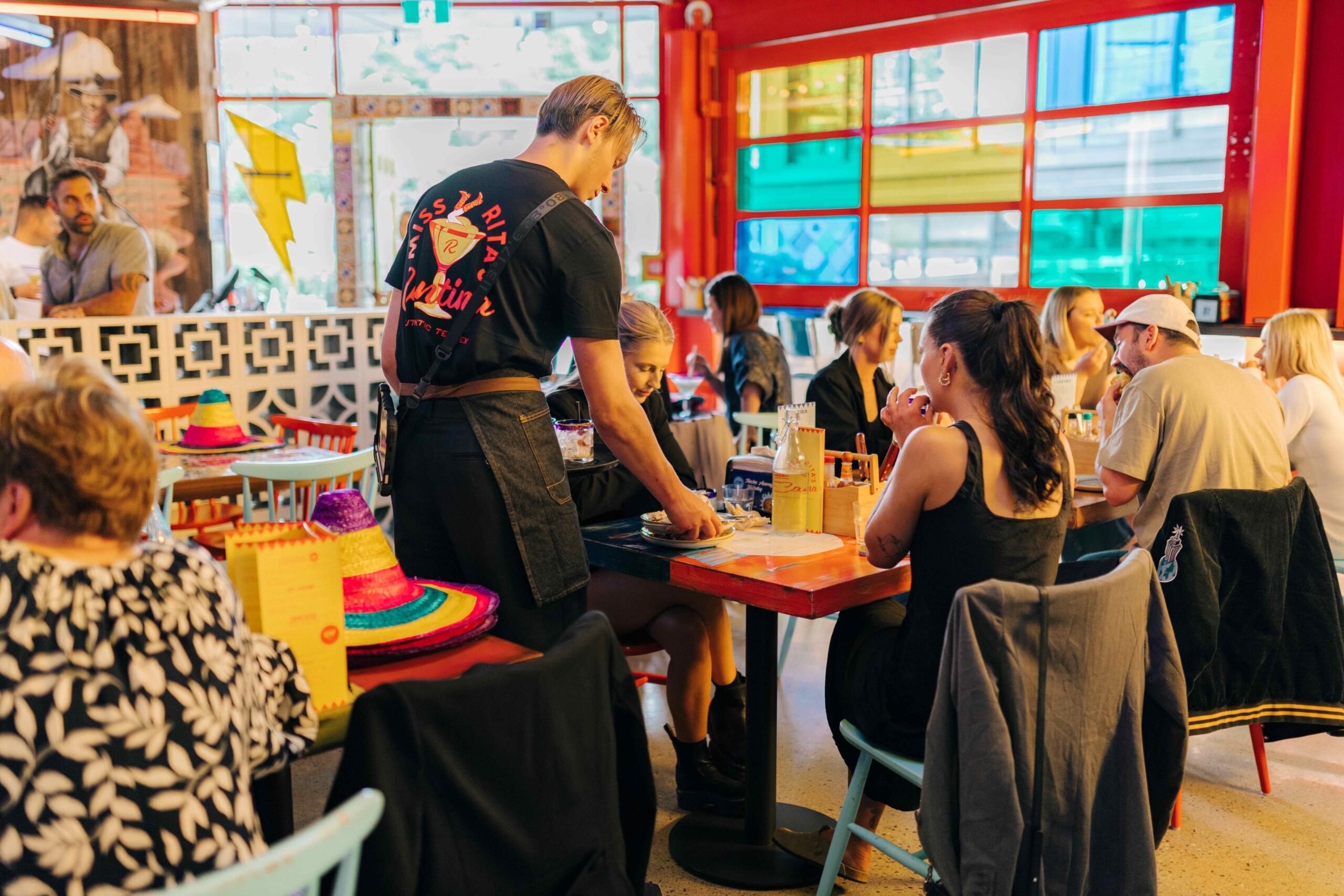Auckland screen growth highlights infrastructure shortage
As Auckland-based production Hunt for the Wilderpeople racks up box office receipts and critical acclaim, data shows Auckland’s screen production industry continues to grow strongly.
1K
As Auckland-based production Hunt for the Wilderpeople – which was filmed in 2015 at locations including the Waitakere Ranges, Karekare, Anawhata, Puhoi and Ponsonby – racks up box office receipts and critical acclaim, Statistics New Zealand has released data which shows Auckland’s screen production industry continues to grow strongly.
The latest Statistics New Zealand screen production sector analysis confirms Auckland is strong in a number of formats – particularly television series and commercials, but increasingly animation and feature films – in what is a $3.2 billion revenue a year industry nationally.
Brett O’Riley, Chief Executive of Auckland’s economic growth agency, Auckland Tourism, Events & Economic Development (ATEED) – which includes the region’s film office, Screen Auckland – welcomes the good news.
“We are cautious about last year’s reported 39 per cent rise in gross production revenue in Auckland to more than $900 million. That is higher than the substantial growth we expected, but the upward trend since a difficult 2013 confirms what we know – that the local industry has turned a corner.
“The growth strongly supports ATEED’s ongoing work alongside industry to secure a new state-of-the-art screen production precinct for the region.”
Screen Auckland’s specialists, who work with production companies every day, report a positive mood across the industry, with more inquiries from productions wanting to come to Auckland.
Brett O’Riley says: “Everything points to screen production having the potential to be a hugely important innovation-based sector for Auckland. So far this year Screen Auckland has issued more than 400 Auckland Council permits for filming in public places – putting the team on track to challenge last year’s record of 543.
“Even with that positivity, and now the Statistics New Zealand report, we know it’s critical for ATEED to work with industry to put structures and development strategies in place to enable medium to long-term industry growth and resilience.”
Auckland is hosting production of the second season of hit Australian TV series 800 Words – a co-production with Auckland’s South Pacific Pictures, the country’s largest production company – and the second season of Executive Producer Rob Tapert and Starz Entertainment’s cult TV show Ash vs Evil Dead. Auckland-based animation company HuHu Studios is working on the 3D movie Beast of Burden, a co-production with China Film Animation.
The BBC is filming a new season of Wanted Down Under around Auckland, with British families considering immigrating being shown what a new life in Auckland could be like for them.
Council-owned Auckland Film Studios and independent Studio West are both fully booked this year.
Brett O’Riley says: “International and local productions generate hundreds of millions in GDP for Auckland, support more than a thousand small to medium companies across region, from special effects experts to equipment hire companies, and provide thousands of high-value jobs.”
“ATEED congratulates Piki Films, Curious, and Defender Films on the fantastic success of Hunt for the Wilderpeople, and we are pleased Screen Auckland was able to help the production with permits and location feasibility.”
While last year’s proposed screen precinct at Hobsonville Point did not come to fruition, ATEED is working with key industry players to find a modern, purpose-built screen production solution on private land in Auckland’s west that can fuel sustainable industry growth.
Brett O’Riley says: “We have the world-class talent on both sides of the camera and a unique diversity of locations which are sought after by local and international producers alike. The Government’s tax incentives are now globally competitive, and our screen attraction specialists are fielding increased interest in Auckland.
“But we know Auckland has, and will continue to, lose significant international productions potentially worth hundreds of millions to competing cities around the world because Auckland’s current studios are at capacity, and we can only offer empty industrial warehouses which are far from ideal. That is something Auckland can’t afford to let continue if we want to be a world-class city.”





